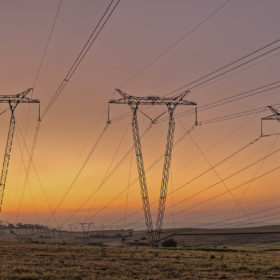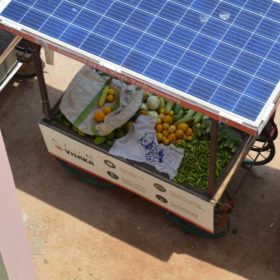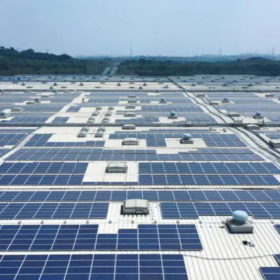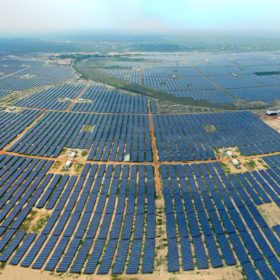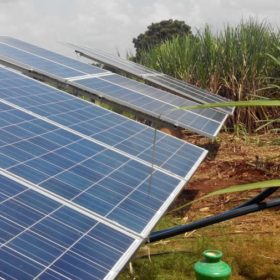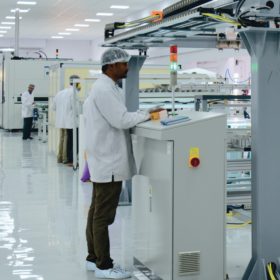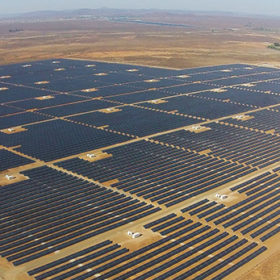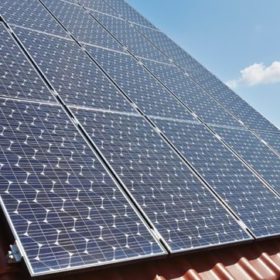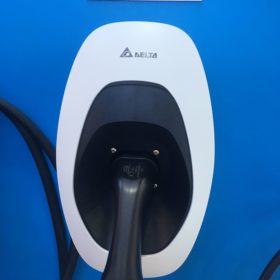GE T&D India wins a Jammu & Kashmir project to help deliver 24/7 power
Under the order worth around Rs 1730 crore, the power transmission and distribution player’s latest supervisory control and data acquisition and advanced distribution management solution technology will help deliver 24×7 reliable power to the people of the twin cities of Jammu and Kashmir.
Visaka’s solar roof receives IEC CB 2016 and UL 61730 certification
Compliance to revised IEC standards allows the ATUM roof with integrated solar panels to chart markets in over 50 countries.
DISCOM reforms, access to finance key to solar uptake
Power distribution reforms and scaling up of solar adoption among MSMEs through captive renewable energy policy and comprehensive Credit Guarantee Mechanism are among measures expected from the budget.
Adani rolls out roadmap to become largest renewable power player by 2030
India’s largest private-sector thermal power producer—which ranked as the sixth largest solar player globally in 2019—will invest over 70% of its budgeted Capex for the energy vertical into clean energy and energy-efficient systems to fuel its transformation.
Tripura tenders solarization of 1300 agriculture pumps under KUSUM
Bidding closes on February 10 for the solar systems that are to be set up on turnkey basis. Completion period is eight months from the award of contract.
India’s solar cell and module exports grow 157% in eight months
Following a dip in the last fiscal year, the value of cell exports saw a massive surge to an estimated Rs133,000 lakh from April to November. Exports to the U.S. tripled during the eight-month period as shipments to Turkey and Belgium rebounded to become the next two biggest export markets.
Sterling and Wilson Solar wins Middle East award for utility-scale project
The Mumbai-based solar EPC solutions provider has to its credit 9.2 GWp of solar power projects (commissioned and under construction) globally, including 3.05 GWp in the MENA region.
Loom Solar wins the ‘Fastest Growing SMB of the Year’ award at Amazon SMBhav 2020
The monocrystalline solar panel manufacturer aims to reach 100 million customers and achieve Rs 100 crore revenue by FY 2020-21.
CEL amends 5 MW module supply tender for Maharashtra
Eligibility criteria has been relaxed to include authorized distributors, resellers and dealers as well. Further, there are relaxations in the supply order carried out in the last one year. Bidding now closes on January 22.
Delta Electronics launches 22KW AC EV charger and 125KW string PV inverter
The wall-mount charger with a high power output of 22 KW AC maximum reduces electric vehicle charging time by up to 70% in comparison to common 7KW AC chargers. The 125 KW string inverter—a cloud-connected three-phase solution—enables cost-efficient decentralized photovoltaic systems for both ground-mounted and large commercial applications.

